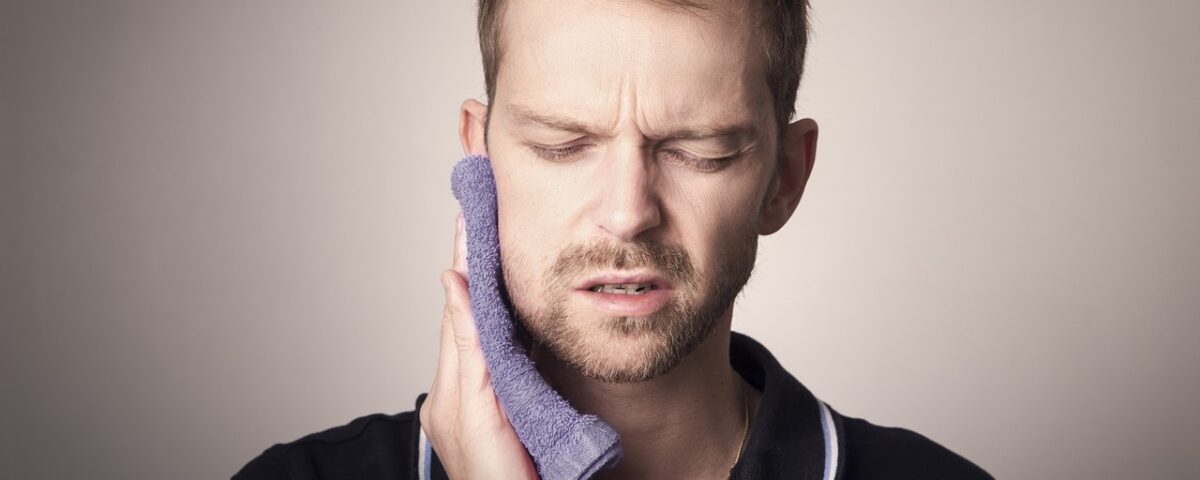Biting your tongue in your sleep can affect your oral health and quality of sleep. This involuntary action can lead to soreness, injury, and in some cases, significant damage to your tongue. But, how to stop biting your tongue when sleeping?
Today we will understand the causes behind this phenomenon and explore effective solutions that are essential steps toward preventing further injury and ensuring a peaceful night’s sleep. Let’s get started!
Causes of Nighttime Tongue Biting
Several factors and conditions can lead to biting your tongue while you sleep, including:
- Rhythmic Movement Disorder (RMD)
Common in children, this disorder involves repetitive movements such as body rocking and head banging during sleep, which can sometimes result in tongue biting.
- Nighttime Seizures
Seizures during sleep, often unnoticed, can cause involuntary movements, including muscle spasms that lead to tongue biting.
- Sleep Apnea
This sleep disorder is characterized by pauses in breathing or periods of shallow breathing during sleep. Efforts to resume breathing can cause sudden movements, including biting the tongue.
- Stress and Anxiety
High levels of stress and anxiety can lead to grinding teeth and clenching the jaw, increasing the likelihood of biting the tongue.
- Movement Disorders
Certain disorders that affect movement, including those that impact the central nervous system or jaw muscles, can result in nighttime tongue biting.
- Bruxism
Bruxism, or teeth grinding, can be a cause of biting your tongue in your sleep. Bruxism is a condition where an individual unconsciously grinds their teeth or clenches their jaw while asleep. This action not only puts pressure on the teeth but can also lead to clenching the jaw so tightly that the tongue gets bitten. Bruxism can be triggered by stress and anxiety, misaligned teeth, or sleep disorders, among other factors.

How to Prevent Tongue Biting
Preventing tongue biting involves addressing the underlying causes and taking practical steps to protect your tongue during sleep:
- Reduce Stress and Anxiety
Implement relaxation techniques and routines before bedtime, such as meditation, reading, or a warm bath, to help minimize stress and anxiety.
- Consider a Night Guard
A custom-fitted night guard, obtained from a dental office, can protect your tongue and teeth from injury caused by biting or grinding.
- Optimize Sleep Environment
Ensure your sleeping environment promotes restful sleep. This includes a comfortable mattress, minimal noise, and a cool room temperature.
- Do Not Consume Illegal Medications
Illegal drugs or unregulated medications can have numerous side effects on the central nervous system and overall health, including impacting sleep patterns and muscle control. Some illegal drugs are known to exacerbate anxiety or cause muscle spasms, both of which can contribute to this problem.
- Go see a doctor
If you frequently bite your tongue during sleep and cannot pinpoint an obvious cause, it may be time to consult a doctor. A medical professional can help identify any underlying conditions that might be contributing to this issue.
How to Stop Biting Your Tongue in Your Sleep
To stop this troubling habit, it’s crucial to identify and treat any underlying health conditions, alongside implementing protective measures:
- Consult a Sleep Specialist:
A sleep study can diagnose disorders like sleep apnea or rhythmic movement disorder, leading to targeted treatments that can reduce or eliminate tongue biting.
- Use Mouth Guards:
Mouth guards, especially those custom-fitted by a dentist, can provide a barrier between your teeth and tongue, preventing injury.
- Manage Sleep Apnea:
If sleep apnea is a contributing factor, treatments such as CPAP (Continuous Positive Airway Pressure) therapy can alleviate the condition and reduce the risk of tongue biting.
- Medication Adjustment:
For those with movement disorders or nighttime seizures, consulting a healthcare provider about adjusting medication can help manage symptoms and decrease the frequency of tongue biting.
Frequently Asked Questions
What Does Biting Your Tongue While Sleeping Mean?
Biting your tongue in your sleep can be a sign of various conditions, including sleep apnea, nighttime seizures, or stress and anxiety. It’s an involuntary response that can lead to discomfort and oral health issues.
How Do I Stop the Habit of Biting My Tongue?
Stopping the habit involves both preventive measures, like wearing a night guard, and addressing any underlying health conditions through medical consultation and appropriate treatment.
Why Do I Jerk in My Sleep, Biting My Tongue?
Sudden jerks or spasms during sleep that result in tongue biting can be due to conditions like sleep apnea or rhythmic movement disorder. It’s a reflexive action in response to the body’s disruptions during sleep.
What Causes Involuntary Tongue Biting?
Involuntary tongue biting can be caused by nighttime seizures, movement disorders, stress and anxiety leading to jaw clenching, or even as a side effect of certain medications affecting muscle control.
Biting your tongue in your sleep is a condition that should not be ignored, as it can indicate underlying health issues and significantly impact your oral health.
If you suspect a serious condition is at play, seeking professional advice and undergoing a sleep study can provide the insights needed to understand how to stop biting tongue in sleep.
Disclaimer: The information provided in this article is for informational purposes only and is not intended to substitute for professional medical advice, diagnosis, or treatment.


